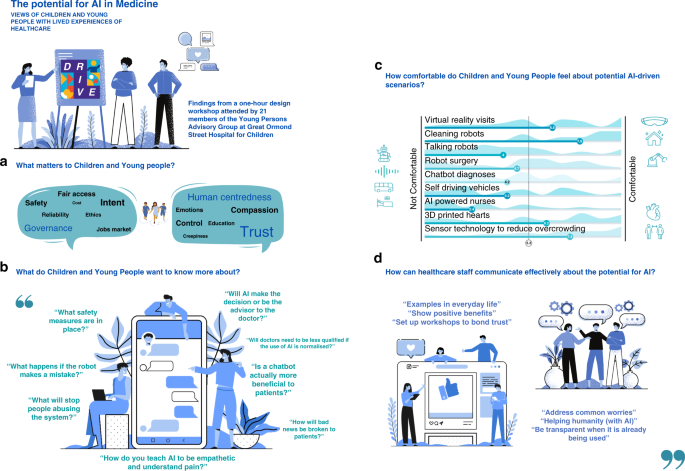Learning with Conversational AI: ChatGPT and Bard/Gemini in Education
The integration of conversational Artificial Intelligence (AI) in educational settings marks a transformative era in teaching and learning. Within this scope, this chapter presents a comparative exploration of the role and impact of generative AI tools, specifically ChatGPT and the initially named Bard, now updated to Gemini, in the educational sector. Utilizing a scoping review, we delve into the nuances of AI-mediated learning by analyzing publications focused on Bard before its rebranding to Gemini, thus providing a pre-update baseline.
The findings reveal ChatGPT and Bard’s significant potential in customizing learning, aiding pedagogical activities, and fostering student engagement, while also noting concerns over academic integrity and the ethical use of AI. The tools show promise in medical education and other scholarly practices, but their anthropomorphic qualities and the difficulty in distinguishing AI-generated content raise concerns about the need for critical engagement from students. The work emphasizes the importance of balancing technological advancement with traditional learning skills and addressing the potential exacerbation of disparities in research fields. It suggests the importance of inclusive discussions on AI governance and the future exploration of domain-specific LLMs for enhanced performance in specialized fields.
Keyword Visualization
In the visualization, each node represents a keyword, and the size of the node indicates the frequency of the keyword’s appearance in the dataset; larger nodes denote more common terms. The lines between nodes represent the co-occurrence or connection between these terms within the same articles. The closer and thicker the line, the stronger the association. The color of the nodes corresponds to the average normalized citations of articles containing those keywords, according to the color bar legend. Keywords with warmer colors (yellow to red) have higher average citations, suggesting they are more impactful or have been topics of greater interest in the field recently. Conversely, keywords with cooler colors (blue to green) have fewer average citations, which could indicate emerging areas of study or less focused research within the broader field.
The goal of this statement is to prompt authors to consciously evaluate the proportion of their cited references that have been authored by women or people of color - demographics that have been historically underrepresented in scientific literature. The intent is to encourage researchers to enhance the diversity of the authors they cite in their scholarly work.
References
- Adiguzel, T., et al. (2023). Revolutionizing education with AI: Exploring the transformative potential of ChatGPT. Link to Article
- Ahmed, I., et al. (2023). ChatGPT vs. Bard: A comparative study. Link to Article
- Ali, N. M., et al. (2023). Artificial intelligence in learning management system: A case study of the students of mass communication. Link to Article
- Aydin, Ö. (2023). Google bard generated literature review: Metaverse. Link to Article

The findings reveal ChatGPT and Bard’s significant potential in customizing learning, aiding pedagogical activities, and fostering student engagement, while also noting concerns over academic integrity and the ethical use of AI.

The goal of this statement is to prompt authors to consciously evaluate the proportion of their cited references that have been authored by women or people of color - demographics that have been historically underrepresented in scientific literature. The intent is to encourage researchers to enhance the diversity of the authors they cite in their scholarly work.

References
- Alseddiqi, M., et al. (2023). Revolutionizing online learning: The potential of ChatGPT in massive open online courses. Link to Article





















